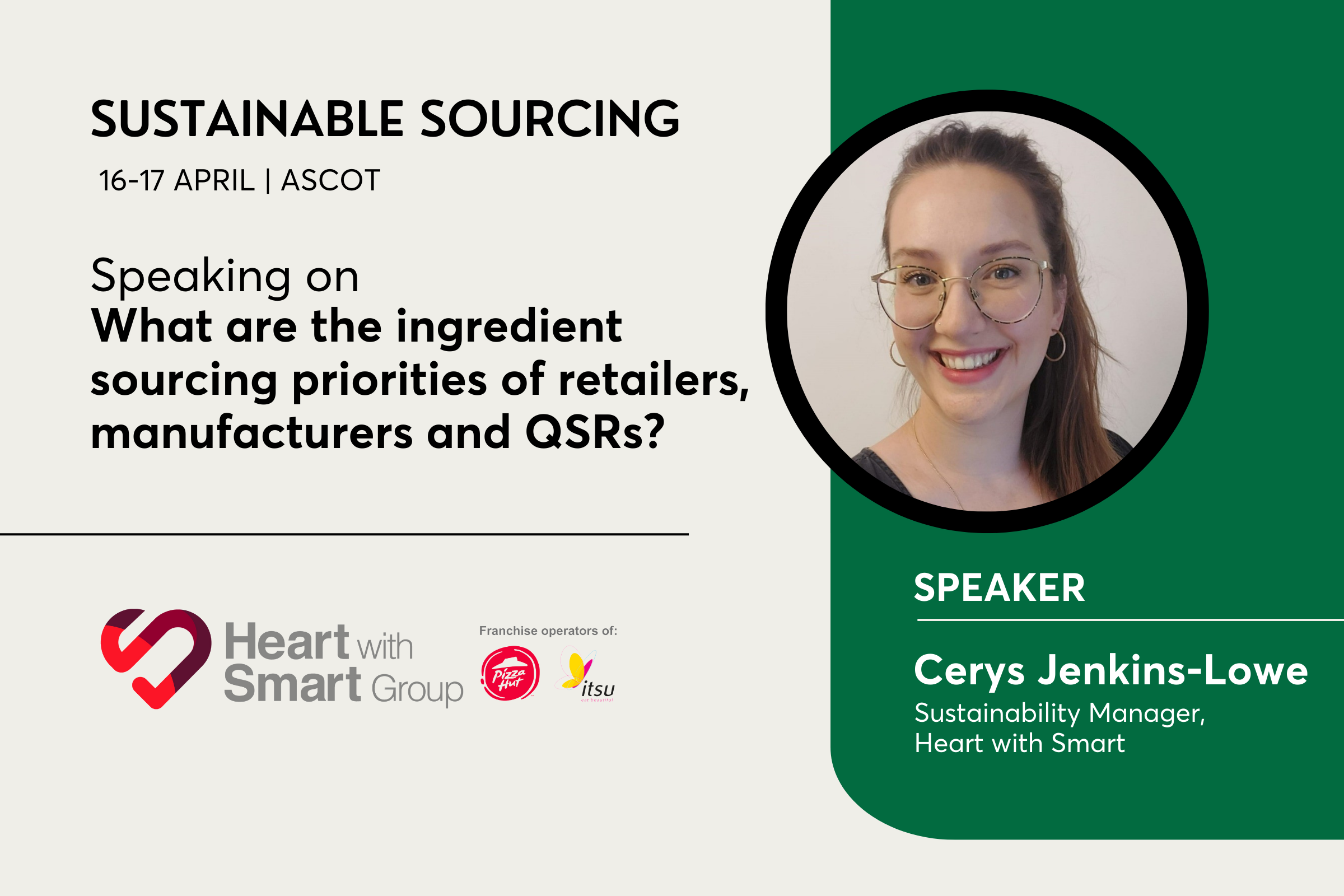Your full guide to agronomy training courses in the UK

Agronomy is the application of scientific knowledge and technology from a combination of relevant fields to the management of the world’s major food groups.
This field of science is different to the world of horticulture and other plant sciences due to the specific crops which are considered, and the scope in which they are observed.
Agronomic crops tend to occupy a large acreage and are usually base ingredients such as oats, wheat, rice, and corn which make up the world’s food and fibre production systems.
To become an agronomist, you’ll usually need qualifications relevant to agriculture. These include things like HNCs, foundation degrees, and degrees in subjects like:
- Agriculture
- Biology
- Crop and plant science
- Ecology
- Environmental science
What can you expect from agronomy training courses?
Courses that are relevant to the field of agronomy will often consider a wide range of influences which collectively affect crop production from climate change and adaptation to the soil, water, water availability, crop genetics, nutrients, and more.
This is a holistic science which informs practical decisions in agriculture, looking to make food and fibre production more sustainable and efficient as we move into the future.
The following courses involve a wide range of assessment methods to determine your final grade. These include written reports, presentations, team-based projects, exams, and dissertations.
Agriculture BSc (Hons)
This agronomy course offers a solid foundational knowledge of relevant agronomic sciences, designed to help learners understand the constantly changing needs of the industry and the consumer.
Students will also develop an understanding of the opportunities for technological transformation and innovation, and how this relates to meeting the demands of a worldwide audience.
From global production to the latest policy developments in the industry, graduates will leave this course with a full understanding of the production of crops and livestock, soil and environmental sciences, and the modern environment of the global business market.
Core modules include:
- Livestock science
- Crop production science
- Soil and environmental science
- Crop production
- Food production
- Global business environment
- Economic applications for farm enterprises
- Agricultural policy and legislation
- Farm mechanisation
- Emerging agri-food issues
- Management information systems for farming businesses
- Sustainable agricultural intensification
Agricultural and Crop Science BSc (Hons)
With modern environmental problems being a bigger issue than ever, new developments in crop sciences are essential to battle these ecological challenges and prevent shortages of food across the world.
From a growing demand for major food crops to the need for biofuel production, learners in this agronomy course will gain a thorough understanding of how crops grow from individual plant cells to entire farms, and how crops are managed within a commercial context.
Students will also discover modern farming techniques, and understand how modern growers use physiology to create better management practices which, in turn, lead to improved yields.
Core modules include:
- Genetics and biochemistry
- Plant science
- Agricultural business in the global economy
- Principles of ecology
- Sustainable agriculture, food and nutrition
- Sustainability in agricultural systems
- Applied marketing: agriculture and food
- Soils
- Applied plant physiology: from cell to crop
- Economic analysis for agricultural and environmental sciences
- Enterprise management challenge
- Plant pests and diseases
- Field crops cereals
- Agronomy field course
Agriculture with Crop Management BSc (Hons)
This agronomy course enables students to study the very latest developments and innovations of crop management. By using the latest cutting-edge research, students will discover how efficient crop management and production techniques are changing to fit the modern era.
This industry has undergone considerable change over recent years, so it is essential that learners discover new and innovative ways crop production can be made more sustainable rather than operating purely for commercial gains.
Students will assess how current farming techniques impact the environment, all whilst obtaining the knowledge and skills required to manage these systems successfully.
Core modules include:
- Skills for the agricultural professional
- Animal production systems
- Crop production systems
- Bioscience for agriculture
- Environmental science for agriculture
- Assessment of the farm business
- Agri-food marketing
- Agricultural mechanisation and buildings
- Grass and forage production and utilisation
- Wastes, manures and renewables
- Farm business management and economics
- Soil management and crop nutrition
- Crop protection and technology
- Crop growth and management
- Fresh produce
- People management skills
- Sustainable crop production systems
- Applied crop protection
- Advanced agronomy
- Plant breeding
- Post-harvest technology
Sustainable Crop Production: Agronomy for the 21st Century MSc
This agronomy course equips students with the essential skills and knowledge required for a successful career in crop management and improvement.
From the latest advances in plant pathology and pest management to the health of soil for crop growth, it is essential that the increasing demands for food from the global population are met.
This course enables graduates to gain a full understanding of a number of skills, techniques, and cutting-edge research on how crops are grown and the factors which currently have an effect on crop production. These include the causes of crop diseases and how to make appropriate control measures, how crop production can change due to biotic and social factors, and more.
Core modules include:
- Crop physiology and production
- Advances in crop protection
- Soil, sustainability and the environment
- Climate change
- Organic and low input systems
- Cereal, oilseed and root crop agronomy
- Introduction to BASIS
- Plant breeding and trial design for registration
Viticulture & Oenology MSc
This agronomy course is designed to help graduates develop a complex understanding of wine science and related disciplines, offering the specialist skills and knowledge essential for making complex decisions within this field.
This course covers key areas in the world of winemaking, such as sparkling wine production and how sustainability and climate change have an impact on the world of winemaking.
From learning about the niches involved within winemaking and vine growing to the latest research of biochemistry, grapevine physiology, microbiology and wine chemistry, this agronomy course gives graduates the opportunity to work in roles of high seniority within the ever-evolving world of wine production.
Core modules include:
- The science and application of grapevine biology
- Grape and wine composition
- The science and application of winemaking
- Applied viticulture and winemaking
- Climate change and sustainable wine production
- The science of sparkling wine
- Vineyard and winery innovation





